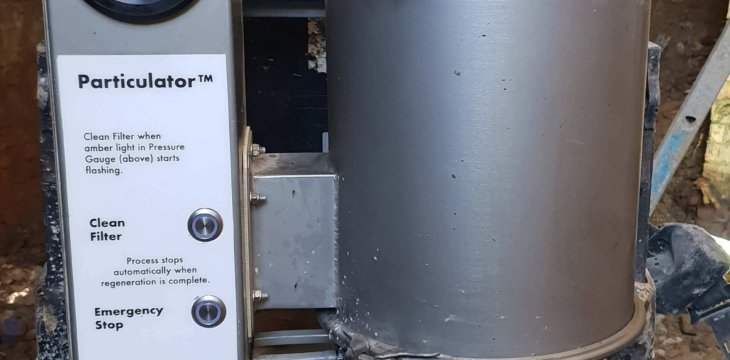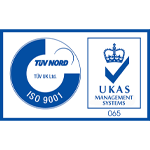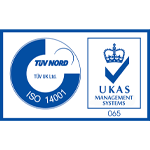Case Study: Better Air Quality in the Workplace
The challenge:
Occupational health is the main air quality consideration when it comes to the use of small machinery, which typically works in close vicinity to operators and in places with restricted airflow.
This is even more important when construction activities near schools, hospitals or confined spaces necessitate the use of diesel powered plant machinery like mini piling rigs, concrete pumps and small excavators.
Smaller machines are relatively high polluters compared to larger equipment that has tighter regulation. Even EU Stage V regulations, which are mandatory for all industrial engines manufactured after 31/12/2019, limits small diesel motors of not more than 19kW output to PM[1] emissions of maximum 0.4 g/kwh. A 19kW engine is thus allowed to release up to 7.6 gram every hour.
The solution:
The PARTICULATOR® uses proven automotive technology, which has been adapted to optimise its performance in the harsh environment that is typical for construction in confined spaces. It is reliable, easy to use and very cost efficient because there are no consumables needed to operate it.
Cambustion – an independent recognised test laboratory – found after thoroughly assessing the device that it removed consistently in excess of 99.98% particulates from diesel exhaust fumes.
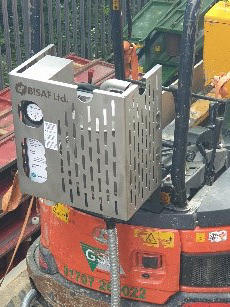
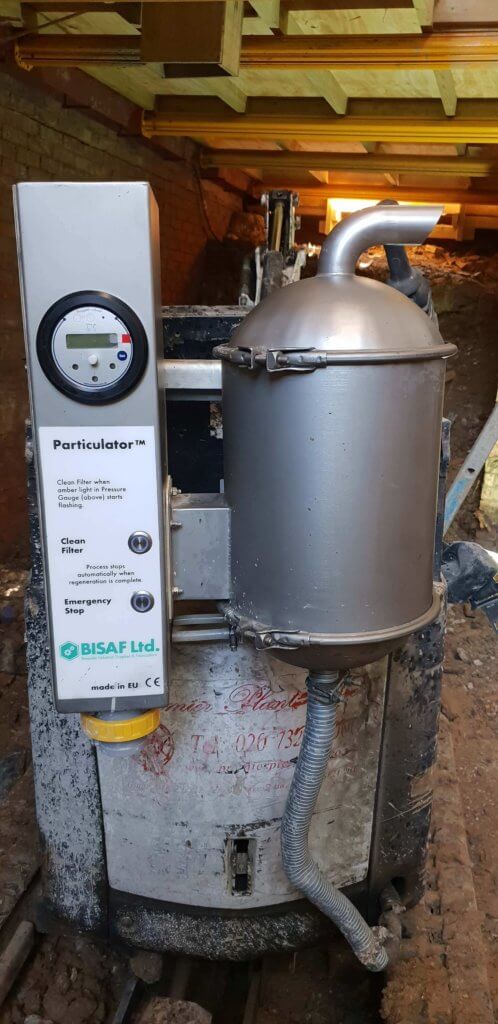
The Particulator® was selected by GSS Piling Ltd to improve the emissions of a number of their smaller machines that were often required to work in emissions sensitive areas.
Keeping workforce and bystanders safe was GSS Piling Ltd’s key consideration when they decided to add a number of Particulators® – BISAF’s active Diesel Particulate Filter that can be fitted to / removed from small diesel plant in a matter of minutes – to their fleet of machinery they typically use in confined environments.
Andy Parks, MD of GSS Piling explains:
“A key consideration when opting for the PARTICULATOR® was that the DPF can be swapped between a variety of construction machines. BISAF’s “Plug & Play” approach means that we can deploy Clean Air Technology where it matters most, optimising our investment.”
[1] PM = Particulate Matter

